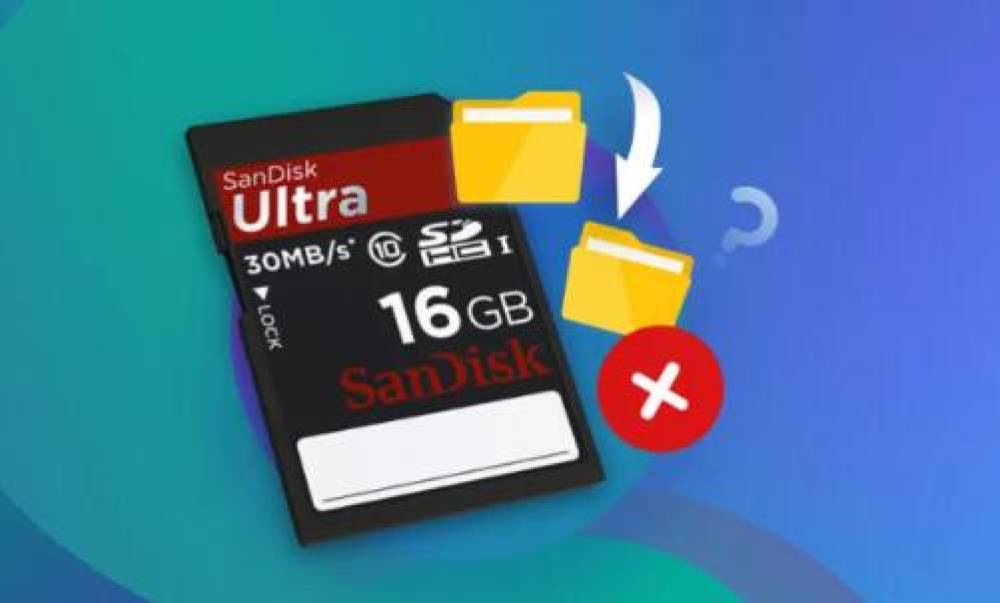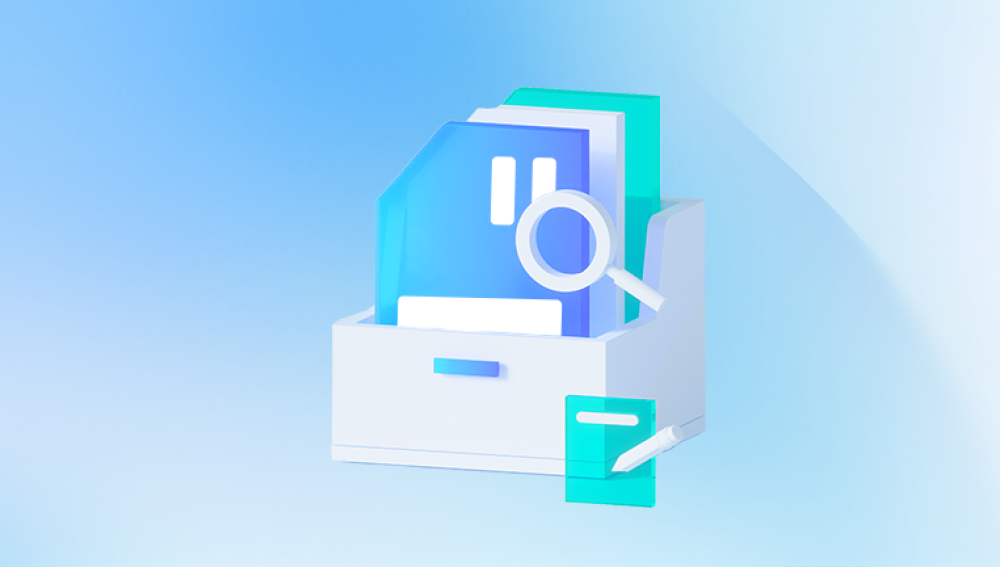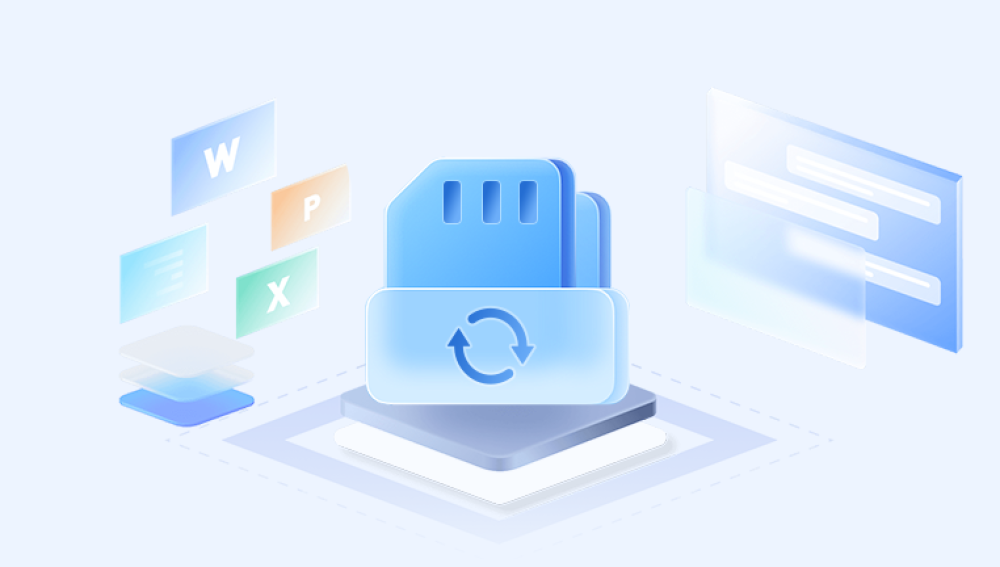Micro SD cards are compact, high-capacity memory cards used extensively in smartphones, cameras, drones, tablets, gaming consoles, and other portable devices. Despite their small size, these cards often carry vast amounts of important data photos, videos, documents, application data, and more. However, like any digital storage medium, micro SD cards are prone to data loss due to accidental deletion, formatting, corruption, or physical damage.
Losing critical data can be a distressing experience, especially when the files are irreplaceable. Fortunately, micro SD recovery software exists to help users retrieve lost files efficiently and securely.
Accidental Deletion: Files mistakenly removed during usage or transfer.
Formatting: Inadvertent or required formatting erases data.

Corruption: Caused by improper ejection, virus attacks, or bad sectors.
File System Errors: Resulting in unreadable or inaccessible cards.
Physical Damage: Water exposure, bending, or electrical damage can lead to failure.
Overwriting: New data written over deleted files makes recovery harder.
Recognizing these scenarios helps you act quickly and choose the most suitable recovery approach.
Top Micro SD Recovery Software
Below is a detailed list of the best software options for micro SD card recovery. Each software has unique strengths, suited to different user needs and experience levels.
1. Drecov Data Recovery
Drecov Data Recovery is a reliable and user-friendly tool designed to help individuals recover lost or deleted files from micro SD cards. Whether the data loss occurred due to accidental deletion, formatting, or card corruption, Drecov Data Recovery offers a fast and efficient way to retrieve your valuable content.
The software supports a wide range of file types including photos, videos, documents, and more. Its simple interface makes it accessible for both beginners and advanced users. Just connect your micro SD card, launch Drecov Data Recovery, and initiate a scan. Once the scan is complete, users can preview and selectively recover files.
Drecov Data Recovery also features a deep scan mode that digs into the memory card to locate data that might otherwise remain inaccessible. Its powerful engine and consistent success rate make it a dependable choice for everyday users looking to recover important files without complicated steps or hefty costs.
With its effective recovery performance and ease of use, Drecov Data Recovery stands out as a go-to option for micro SD data restoration.
2. EaseUS Data Recovery Wizard
Overview: A robust and feature-rich tool ideal for recovering lost files from micro SD cards and many other storage devices.
Key Features:
Supports over 1000 file types
Recovers from formatted, corrupted, or deleted cards
Preview before recovery
Partition recovery support
Pros:
Intuitive user interface
High success rate
Supports Windows and macOS
Cons:
Free version limits recovery to 2GB
Paid version is relatively expensive
Ideal For: Users who want a professional tool with high recovery rates.
3. Disk Drill
Overview: Disk Drill offers a sleek interface and powerful recovery features. It supports a wide variety of file systems and devices.
Key Features:
Supports FAT32. exFAT, NTFS, HFS+, and EXT4
Recovery Vault and Guaranteed Recovery features
Backup image creation
Deep scan and quick scan modes
Pros:
Easy to use
Recovers over 400 file formats
Works on Windows and macOS
Cons:
Limited data recovery in free version
Some features require technical knowledge
Ideal For: Users who value extra features and visual recovery previews.
4. PhotoRec
Overview: A command-line-based recovery tool that focuses on recovering data from severely corrupted micro SD cards. It is open-source and free to use.
Key Features:
Works independently of file system
Supports hundreds of file formats
Companion tool TestDisk for partition recovery
Pros:
Completely free
Powerful deep scanning capabilities
Cons:
Text-based interface not user-friendly
Lacks preview options
Ideal For: Technically skilled users or those comfortable with command-line interfaces.
5. Stellar Data Recovery
Overview: Known for its professional-grade recovery, Stellar supports a wide range of file types and storage devices, including encrypted micro SD cards.
Key Features:
Recovers photos, videos, documents, and emails
Deep scanning for tough cases
File repair features included
Pros:
Supports corrupted and formatted cards
Intuitive interface
Powerful scanning engine
Cons:
Higher cost for full features
Can be slower with large scans
Ideal For: Professionals needing in-depth recovery and file repair.
6. Wondershare Recoverit
Overview: A versatile tool with a modern interface, Recoverit supports recovery from various devices and file systems.
Key Features:
AI-based file sorting
File preview before recovery
Supports video repair
Pros:
User-friendly design
Recovers files in various loss scenarios
Cons:
Expensive for premium features
Not ideal for extremely damaged SD cards
Ideal For: Users seeking a modern and feature-rich recovery tool.
7. R-Studio
Overview: A professional-grade tool used by IT experts and recovery labs. It supports complex recovery scenarios.
Key Features:
Advanced RAID reconstruction
HEX editor
Network recovery capabilities
Pros:
Very powerful
Customizable scans and filters
Cons:
Complex interface
Steep learning curve
Ideal For: IT professionals and advanced users.
How to Recover Data from a Micro SD Card
Follow these general steps with most recovery tools:
Stop Using the Card: Avoid overwriting data.
Insert into a Reader: Use a reliable micro SD card reader.
Install Recovery Software: Choose the best one for your needs.
Scan the Card: Use quick or deep scan as necessary.
Preview and Recover Files: Save recovered data to a different location.
Tips for Successful Recovery
Use deep scan if quick scan doesn’t find your files.
Recover files to a different drive to prevent overwriting.
Avoid using the SD card until recovery is complete.
Try multiple software if one doesn’t work.
Preventing Future Data Loss
Back Up Regularly: Use cloud or physical backups.
Use Reliable Brands: Buy micro SD cards from reputable companies.
Avoid Sudden Removal: Always eject properly.
Keep Cards Clean and Dry: Protect from water and dust.
Avoid Filling to Capacity: Leave buffer space for data management.
Micro SD cards are essential in many of our digital devices, but they are susceptible to data loss. When disaster strikes, the right micro SD recovery software can make the difference between permanent loss and successful recovery. Tools like Recuva and Disk Drill cater to general users, while software like R-Studio and PhotoRec offer advanced features for tech-savvy individuals.
Choosing the best software depends on your technical comfort level, budget, and the severity of your data loss. Always start with a free scan when possible, and act quickly to avoid permanent overwriting. And most importantly, adopt preventive practices to minimize the risk of future data loss.




